Disclosure: This article contains affiliate links. We may earn a commission from purchases at no extra cost to you, which helps our travel content.
Standing atop the Detroit Foundation Hotel's rooftop terrace, watching drones capture footage of the city's evolving skyline, I felt the pulsating energy of reinvention that defines today's Detroit. The juxtaposition of Beaux-Arts masterpieces against modern glass structures tells a story of resilience that resonates deeply with me. As someone who's studied urban revitalization professionally for decades, I can attest that few American cities showcase the phoenix-rising narrative quite as compellingly as Detroit—where innovation emerges from industrial foundations in ways both deliberate and delightfully unexpected.
Navigating Detroit's Innovation Corridors
Detroit's renaissance isn't merely aesthetic—it's deeply technological and entrepreneurial. The transformation of the once-abandoned Corktown neighborhood into a buzzing innovation district exemplifies this evolution. Michigan Central Station, Ford's ambitious $740 million restoration project, now stands as the cornerstone of a mobility innovation hub rather than a ruin photographer's backdrop.
My urban planning background drew me to TechTown Detroit, where startup culture thrives in a Albert Kahn-designed former Chevrolet Creative Services building. The juxtaposition of industrial architecture housing cutting-edge tech ventures creates a uniquely Detroit innovation aesthetic. During my visit, I joined a public tour of their co-working spaces and incubator programs, witnessing firsthand how they're fostering everything from mobility solutions to healthcare innovations.
For optimal urban exploration, I relied heavily on my smartphone gimbal to capture smooth walking footage through these transitional spaces. The contrast between weathered industrial elements and sleek modern interventions tells Detroit's story more eloquently than words alone.
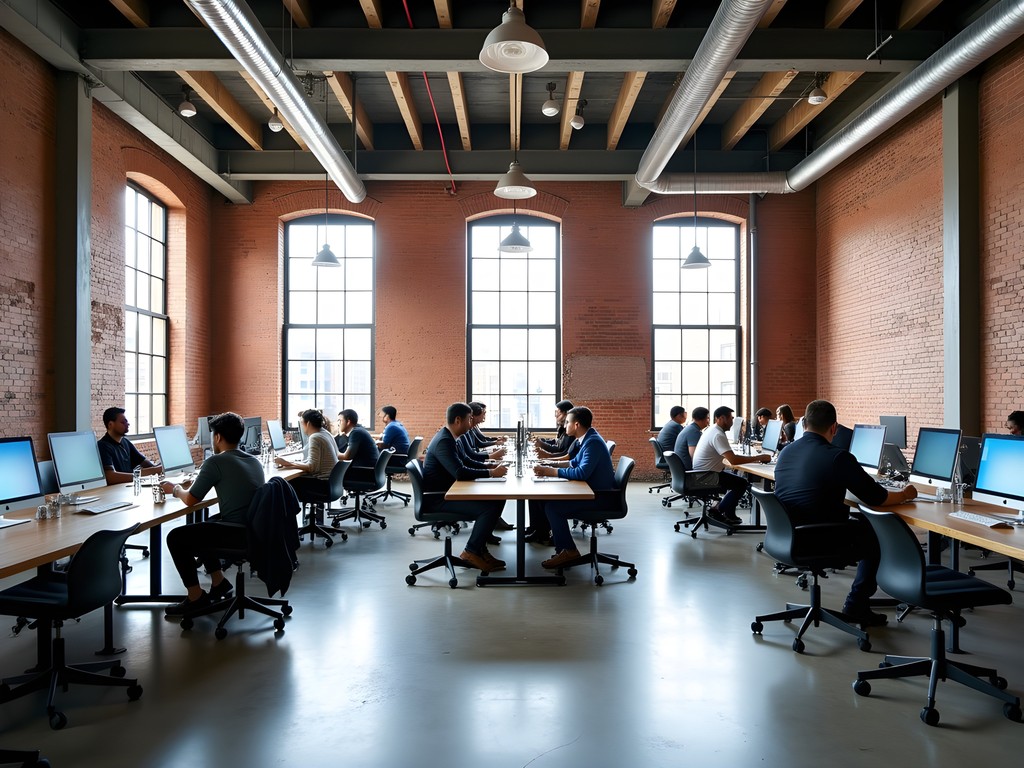
💡 Pro Tips
- Visit TechTown Detroit on Thursdays for their public tour and networking events
- Download the Detroit Experience Factory app for self-guided innovation tours
- Michigan Central Station's visitor center offers free exhibits about Detroit's mobility future
Architectural Time Travel: Detroit's Layered Design Story
Detroit offers a masterclass in architectural history spanning multiple eras—often within a single city block. Begin your exploration in the heart of downtown at Campus Martius Park, which serves as an excellent orientation point. From here, a self-guided walking tour reveals the Guardian Building's spectacular Art Deco interior (don't miss the ceiling in the main banking hall) alongside contemporary additions like the Quicken Loans headquarters complex.
As an urban planning enthusiast with a drone photographer's eye for perspective, I was particularly struck by the Eastern Market district's evolution. This historic commercial area maintains its authentic character while incorporating new design elements that respect its industrial bones. For capturing these architectural contrasts, my pocket light meter proved invaluable for quickly adjusting camera settings between shadowy historic interiors and bright modern spaces.
The Belt alleyway transformation in the former garment district demonstrates Detroit's talent for creative placemaking—converting utilitarian spaces into vibrant public realms through art and thoughtful design. When photographing these narrow spaces with challenging lighting, I relied on my ultra-wide lens to capture the full spatial experience and architectural details simultaneously.
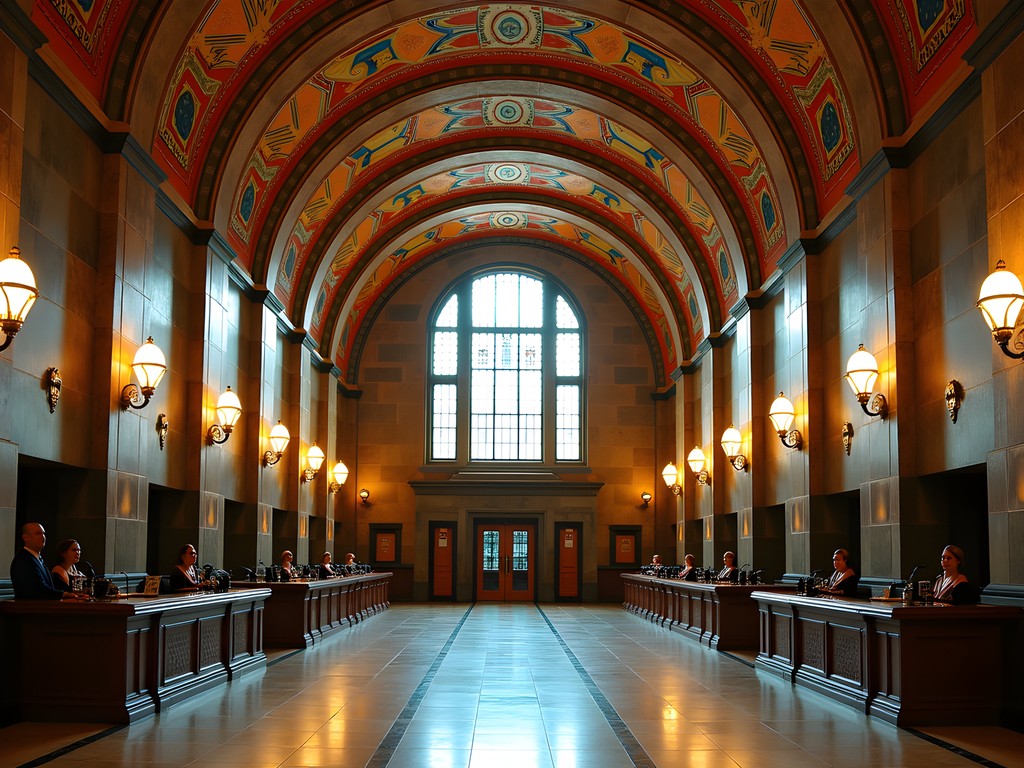
💡 Pro Tips
- Visit the Guardian Building during weekday business hours when the main banking hall is fully accessible
- Take the elevator to the GM Renaissance Center's 72nd floor for free panoramic city views
- Download the Detroit Architecture Foundation's free audio tour app for expert commentary
Urban Agriculture: Detroit's Sustainable Revolution
Perhaps most surprising to first-time visitors is Detroit's position at the forefront of urban agriculture innovation. The city's abundance of vacant land has catalyzed a remarkable transformation, with over 1,500 urban farms and gardens now operating within city limits. These aren't merely community plots—they're technological testbeds for sustainable urban food systems.
Michigan Urban Farming Initiative (MUFI) in the North End neighborhood demonstrates how technology and agriculture intersect in urban settings. Their three-acre campus includes a 200-tree fruit orchard, water-efficient irrigation systems, and even experiments with vertical farming techniques. During my visit, I used my soil testing kit to analyze different growing areas—the results revealed remarkably healthy soil conditions despite the urban setting.
Recovery Park Farms represents another innovative approach, employing returning citizens and recovering addicts to operate hydroponic growing systems in repurposed buildings and vacant lots. Their technological approach to year-round growing in Michigan's climate demonstrates resilience engineering principles I've studied in urban planning contexts.
For those interested in the intersection of technology and urban agriculture, Detroit's urban farms offer a compelling case study in how cities might reimagine food systems in the post-industrial era.
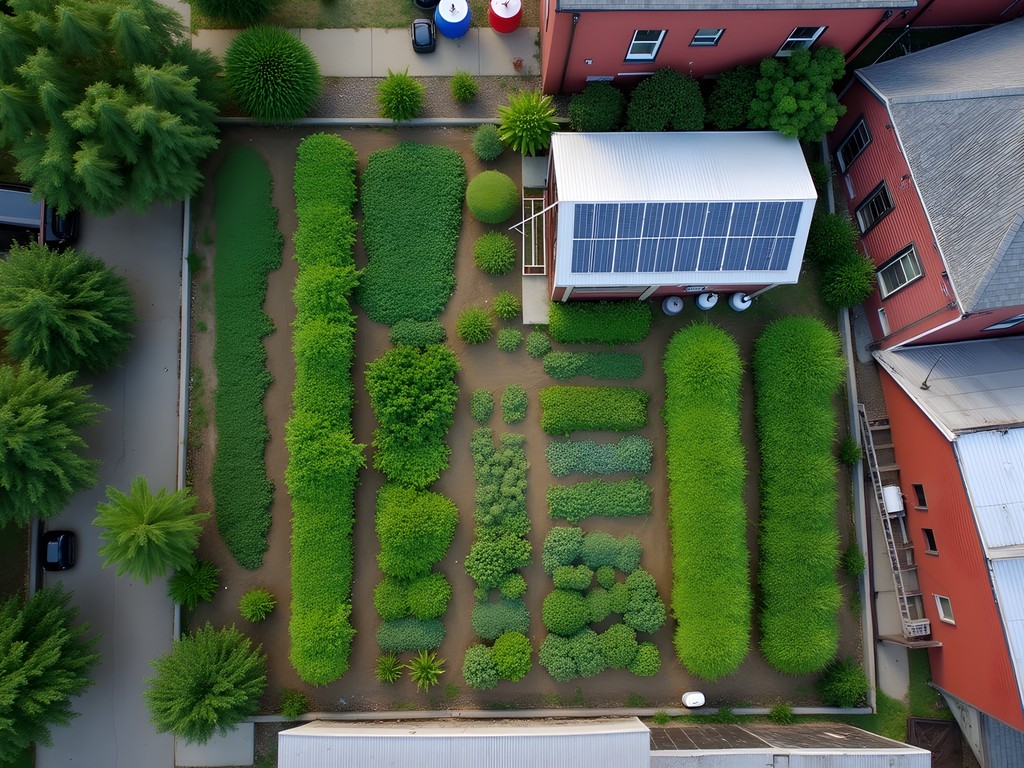
💡 Pro Tips
- Contact MUFI in advance to arrange a guided tour of their agricultural innovation campus
- Visit Eastern Market on Saturdays when many urban farmers sell their produce
- Download the Detroit Agriculture Map app to locate farms open to visitors
Digital Detroit: Tech-Forward Explorations
Beyond the visible architectural renaissance, Detroit is quietly establishing itself as a testing ground for smart city technologies. The city's Civic User Testing Group invites residents to participate in evaluating new civic tech solutions—an initiative I found particularly aligned with my interest in how technology shapes urban experiences.
For digital nomads and tech enthusiasts, Detroit offers several noteworthy co-working spaces. Bamboo Detroit in the historic Julian C. Madison Building provides not just workspace but community connections to the local tech ecosystem. During my visit, I set up my mobile office there for a day, using my portable second monitor to maintain my productivity workflow while connecting with local entrepreneurs.
The Downtown Detroit Partnership has implemented smart city initiatives throughout the central business district, including public WiFi, environmental sensors, and interactive kiosks. To fully appreciate these technological layers, I recommend using the augmented reality headset which allowed me to access data visualizations about building histories and infrastructure systems while walking downtown—a fascinating way to see the invisible technological city beneath the physical one.
Detroit's QLine streetcar corridor along Woodward Avenue features several tech-forward destinations, including the Microsoft Technology Center and Wayne State University's Industry Innovation Center, both offering public events that welcome visitors interested in emerging technologies.
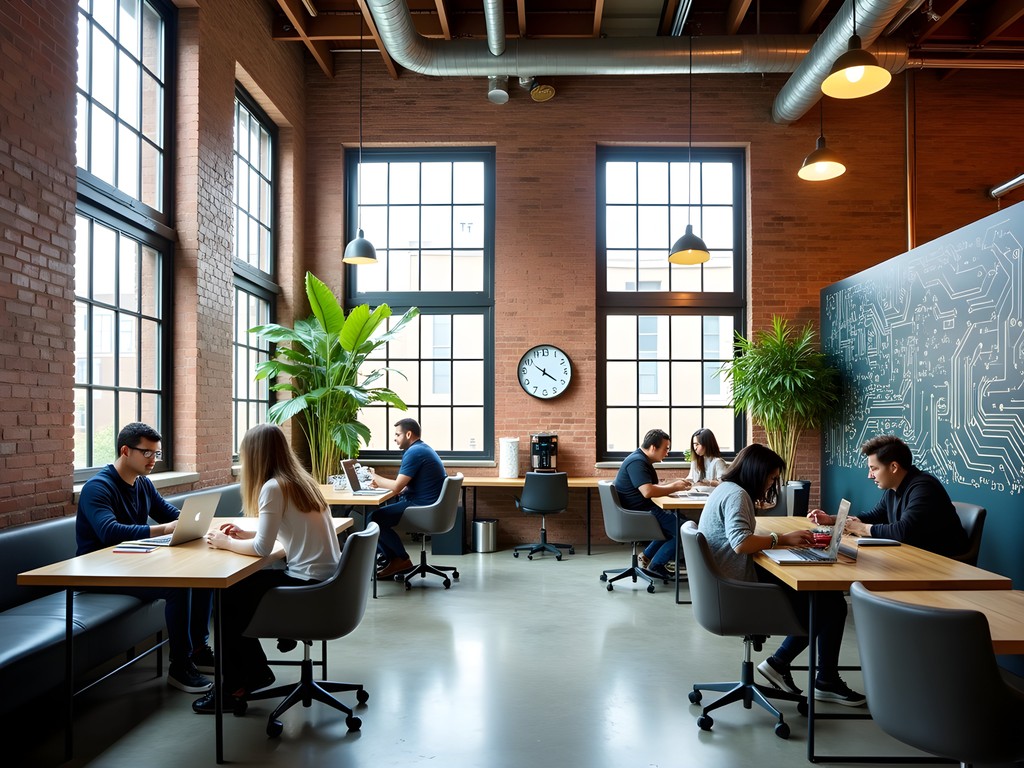
💡 Pro Tips
- Purchase a day pass at Bamboo Detroit to work alongside local tech entrepreneurs
- Visit the Detroit Public Library's HYPE Teen Tech Center to see their digital fabrication lab
- Download the Detroit QR Tour app for technology-focused walking routes
Capturing Detroit's Renaissance: Drone Photography Perspectives
After my hiking accident five years ago temporarily limited my mobility, I discovered drone photography as a new way to experience urban landscapes. Detroit offers some of the most compelling aerial photography opportunities I've encountered in North America—its combination of historic architecture, waterfront perspectives, and urban renewal projects creates visually striking compositions.
For drone enthusiasts, I recommend beginning at Belle Isle Park, where you can capture sweeping views of the Detroit skyline across the water. My drone landing pad proved essential here, providing a clean takeoff surface away from the island's sandy areas. Remember that Belle Isle requires a Michigan Recreation Passport for vehicle entry ($13 for non-residents).
Detroit's riverfront transformation offers another compelling aerial narrative. The Detroit Riverfront Conservancy has converted former industrial areas into public spaces like Milliken State Park and the Dequindre Cut Greenway. Capturing these linear green spaces from above reveals how they're reconnecting neighborhoods to the waterfront.
Before flying, I always use the airspace app to check regulations, as Detroit has specific flight restrictions near the international border with Canada and around downtown. Always respect local drone regulations and privacy considerations—Detroit's renaissance is best documented responsibly.
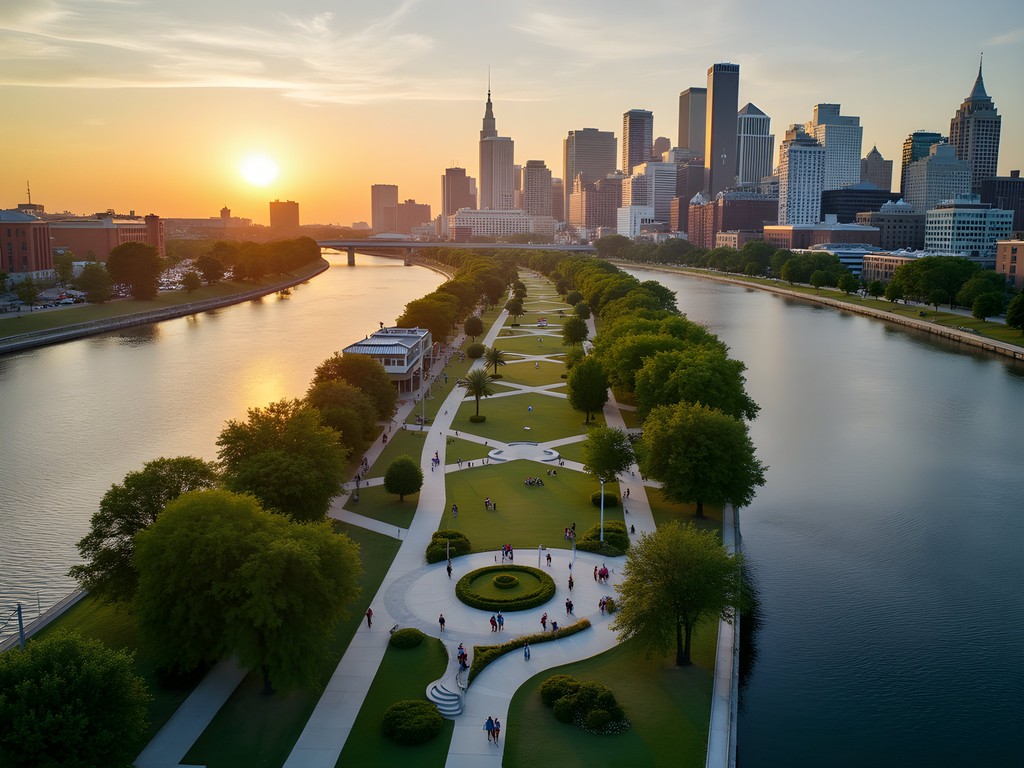
💡 Pro Tips
- Register your drone with the FAA before flying in Detroit
- Avoid flying near the Ambassador Bridge and international border areas
- The Detroit Riverfront parks permit recreational drone photography with proper FAA registration
Final Thoughts
Detroit's renaissance represents more than architectural preservation or economic recovery—it embodies a profound reimagining of what post-industrial American cities can become in the 21st century. As an urban planner turned travel content creator, I'm particularly struck by Detroit's willingness to experiment with technology-forward solutions while honoring its industrial heritage. The city doesn't erase its past but rather builds upon those foundations with remarkable creativity and resilience.
What makes Detroit especially compelling for urban explorers is that its transformation remains ongoing—this isn't a completed revitalization but rather an evolving case study in urban possibility. Each visit reveals new layers of innovation alongside thoughtful preservation. For those interested in how cities reinvent themselves through technology, design, and community engagement, Detroit offers invaluable lessons that transcend typical tourism experiences.
I encourage you to explore Detroit with both a historical appreciation and future-focused perspective. Engage with local innovation communities, support neighborhood businesses driving change, and take time to understand the complex narratives that shape this remarkable American comeback story. Detroit's renaissance isn't just about what was lost and found again—it's about what's being newly created at the intersection of heritage and innovation.
✨ Key Takeaways
- Detroit offers unique opportunities to witness urban innovation in real-time across technology, agriculture, and design
- The city's renaissance is best experienced through both historical and future-focused lenses
- Local entrepreneurial communities welcome visitors interested in urban innovation
- Detroit demonstrates how technology can help revitalize post-industrial urban landscapes
- The ongoing transformation makes each visit a different experience as the city continues evolving
📋 Practical Information
Best Time to Visit
Late April through June or September through October
Budget Estimate
$150-250/day including accommodations, transportation and meals
Recommended Duration
3-4 days for comprehensive exploration
Difficulty Level
Intermediate

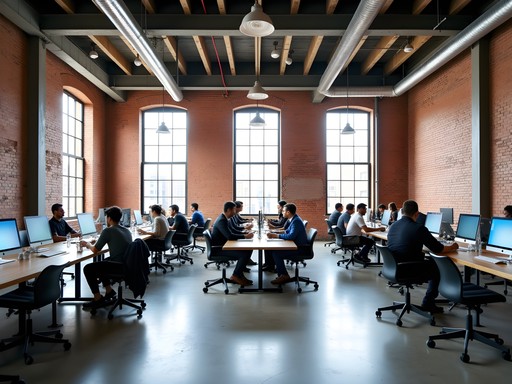
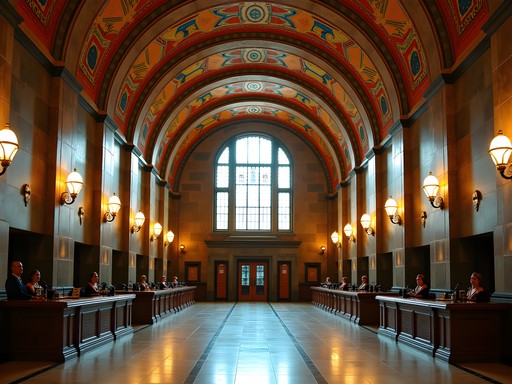
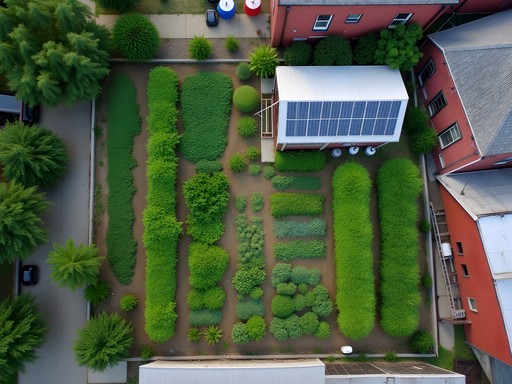
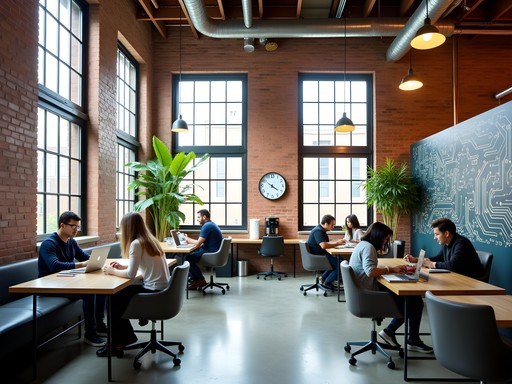
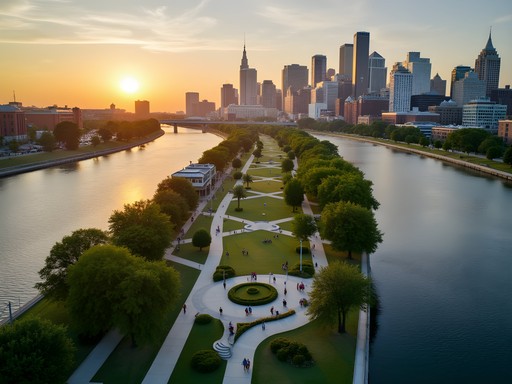


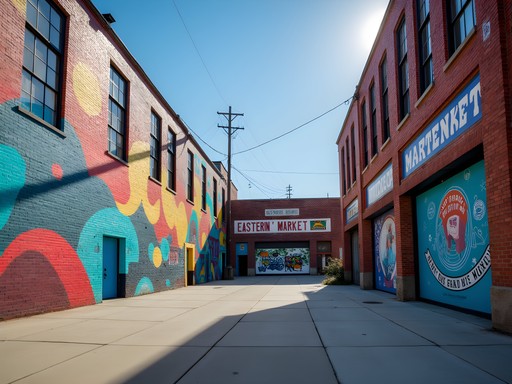
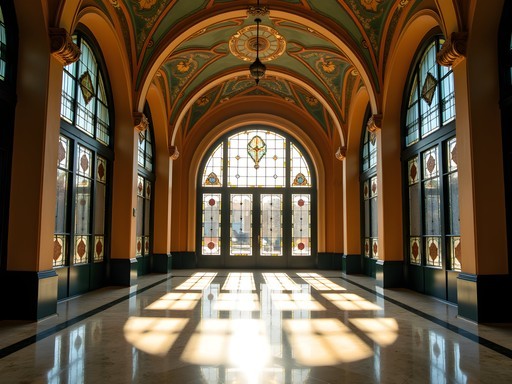

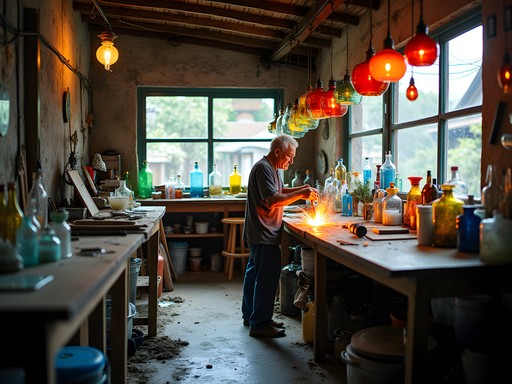
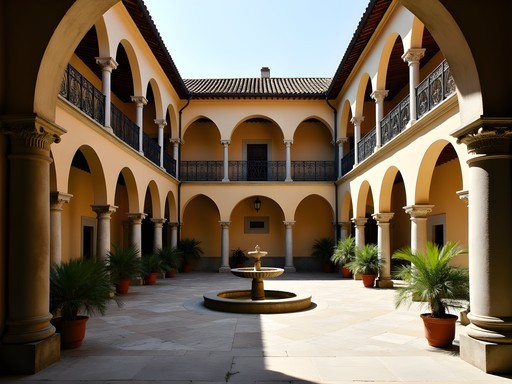
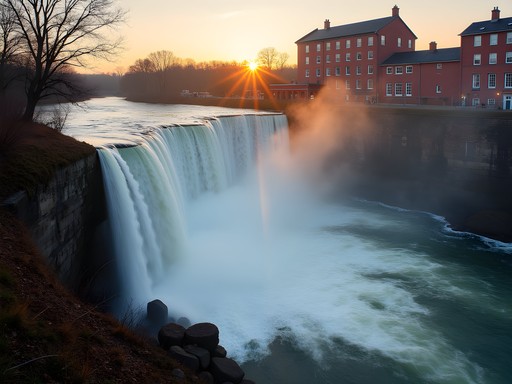
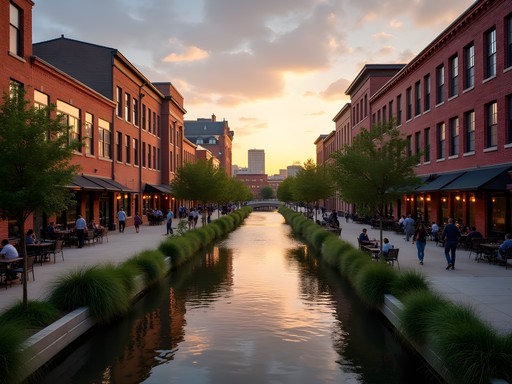
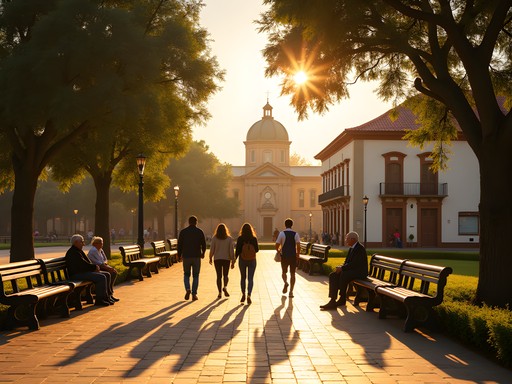
Comments
backpackking
YESSS!!! Detroit deserves this spotlight!! 🙌 Been telling people for YEARS that Detroit is the most underrated city in America! The Heidelberg Project blew my mind, and the music scene is INCREDIBLE. Did you check out any jazz clubs? Baker's Keyboard Lounge is the oldest operating jazz club in the WORLD! And Cliff Bell's is like stepping back in time! Your drone shots are giving me serious photography envy - what equipment were you using for those night skyline shots?
Claire McDonald
Thanks for the enthusiasm! I did visit Cliff Bell's - amazing atmosphere! For the night shots I used a Sony A7III with a 24-70mm f/2.8 lens and a small travel tripod. The drone shots were actually done by a local photographer I hired for a day - definitely worth it for those aerial perspectives!
winteradventurer
Just got back from Detroit last week and your post is spot on! The Detroit Foundation Hotel was actually where we stayed too - that converted fire station is incredible. We also did the Detroit Institute of Arts which was mind-blowing (those Diego Rivera murals!). One tip for anyone going: don't miss Eastern Market on Saturday mornings. We found amazing local food and met some of the urban farmers mentioned in your article. Detroit's definitely shaking its old reputation.
Claire McDonald
Eastern Market is such a gem! Did you try the shed events? And yes, the DIA is world-class - could spend days there alone.
winteradventurer
Yes! We caught a small concert in one of the sheds. The whole market had such a community vibe. I used my city guide but honestly talking to locals gave us the best tips.
Frank Garcia
Brilliant analysis of Detroit's transformation. I spent 3 weeks there last summer and was equally impressed by the contrast between historical architecture and modern innovation spaces. The urban agriculture movement particularly fascinated me - did you visit Michigan Urban Farming Initiative? Their three-acre farm in the North End is a perfect case study in community resilience. Also worth noting that Detroit's food scene goes well beyond the usual recommendations - I'd add Selden Standard and Ima to anyone's must-visit list. The city's narrative is far more complex and hopeful than mainstream media portrays.
wanderluststar
How safe did you feel exploring the city? I've heard mixed things about Detroit and I'm planning a solo trip.
Claire McDonald
Great question! Like any major city, it depends on the neighborhood. Downtown, Midtown, Corktown, and the riverfront areas are well-populated and I felt completely comfortable. Just use normal city awareness. The Q-Line streetcar is also super convenient for getting around the main corridor!
wanderluststar
Thanks Claire! That's really helpful. Looking forward to checking out those neighborhoods.
beachmate
Never thought I'd add Detroit to my bucket list but you've convinced me! Those architecture shots are stunning.
winteradventurer
Same here! I always associated Detroit with abandoned buildings but this shows a whole different side.
springexplorer
Heading to Detroit next month! Any recommendations for where to stay that puts me close to those innovation corridors you mentioned?
hikingclimber
We stayed in Midtown and it was perfect - walkable to lots of stuff and felt really safe. Lots of cool boutique hotels popping up there!
Claire McDonald
I second Midtown! The Siren Hotel downtown is also gorgeous if you want to be right in the heart of things. Very Instagram-worthy and walking distance to most major downtown attractions.
Sage Dixon
Detroit holds a special place in my heart! I spent a month there last summer documenting the urban agriculture movement. Claire, you captured the spirit perfectly. For anyone planning a visit, don't miss the Dequindre Cut - it's this amazing urban greenway built on an old railroad line. Perfect for morning runs or bike rides! Also, the Guardian Building downtown is an Art Deco masterpiece that most tourists overlook. I used my camera bag all over the city and felt completely safe in most areas during daylight. The best sunset spot? Belle Isle Park looking back at the skyline - absolutely magical!
smartperson
Great post but how safe is Detroit these days? I've always wanted to visit but heard mixed things about safety, especially for taking photos of architecture in less touristy areas. Any advice?
Claire McDonald
Great question! Like any big city, some areas require more awareness than others. Downtown, Midtown, Corktown, and Eastern Market are all very visitor-friendly now. For photography in other neighborhoods, I'd recommend going with a local guide. The Detroit Experience Factory runs excellent tours that take you to both popular spots and hidden gems safely.
smartperson
Thanks Claire! Will definitely check out those tours.
hikingclimber
Just got back from Detroit last week and this post is spot on! The contrast between the abandoned buildings and new developments is fascinating. We spent an afternoon at Eastern Market and it was the highlight of our trip - so many local vendors and that street art is incredible. Definitely felt the energy of revival that Claire talks about. The urban farms were way more impressive than I expected too.
Sage Dixon
Eastern Market is such a gem! Did you try those amazing donuts from that corner bakery? I can't remember the name but they were life-changing when I visited.
hikingclimber
Yes!! I think you mean Dutch Girl Donuts? We went twice in one weekend 😂
Lillian Diaz
Claire's post inspired me to visit Detroit last month, and I approached it from a budget traveler's perspective. The city is remarkably accessible for those watching their spending! I stayed at Hostel Detroit in Corktown ($32/night) and used the DART pass for unlimited bus/streetcar travel ($4/day). The best part? So many free activities - Belle Isle Park, the Heidelberg Project, Eastern Market, Campus Martius, and just wandering the incredible architecture districts. Detroit's food scene is diverse and affordable too - I became addicted to those Detroit-style square pizzas! What struck me most was how friendly locals were - everyone had stories about their neighborhood's transformation and suggestions for hidden gems. This city has soul unlike anywhere else I've been in America.
Claire McDonald
Lillian, thanks for sharing the budget perspective! You're so right about the free activities - I should have emphasized those more. And yes, Detroit-style pizza is life-changing! 😍
Venture X
Premium card with 2X miles, $300 travel credit, Priority Pass